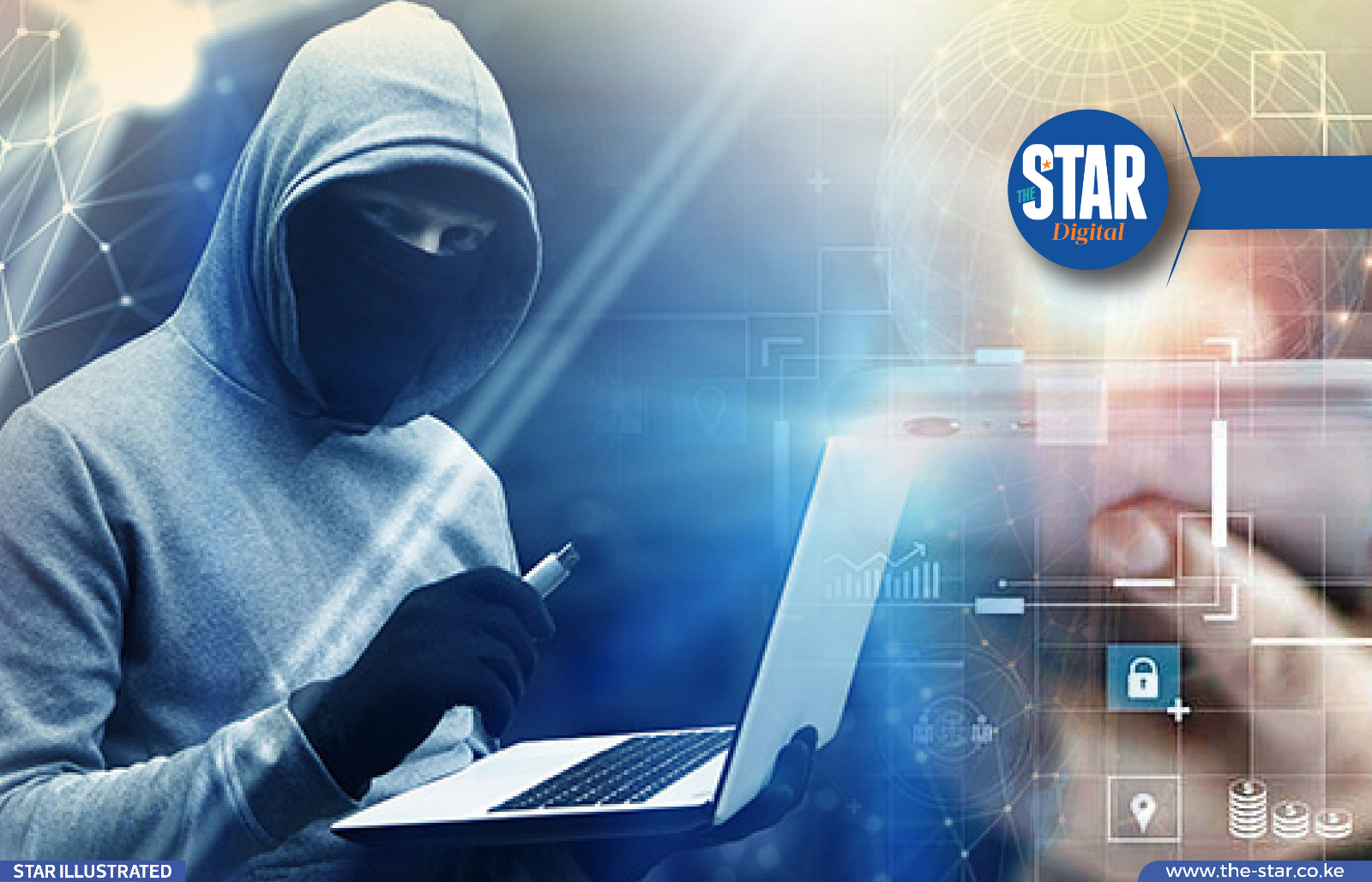

In the current age where there is increased reliance on digital platforms for financial transactions, cybercrime has gone up.
Hackers are taking advantage of the growing use of online banking, mobile payments, and e-commerce to exploit vulnerabilities in digital systems.
Hackers are said to be siphoning millions of shillings from unsuspecting victims daily.
Even with security agencies upping their game to combat it, these hackers continue to outwit many with sophisticated tactics.
They leverage loopholes created by the digital era.
To avoid falling victim, cybersecurity experts advise that you take several precautions.
Two-step verification method
One of the most effective ways to secure accounts is by enabling two-factor authentication.
Many online platforms and services offer two-factor authentication to enhance users' security.
Some of the accounts commonly used are banking, financial, and social media accounts.
This added layer of security ensures that even if hackers gain access to a password, they cannot access the account without the second verification step, such as a one-time code sent to a mobile device.
Strong passwords
Another critical measure is the use of strong passwords—complex combinations of letters, numbers, and symbols that are difficult for hackers to guess or crack.
Experts urge against using simple or repetitive passwords, which hackers can easily break using brute force techniques.
Avoid sharing sensitive information.
Social engineering scams, where hackers trick individuals into revealing sensitive information such as credit card details or account credentials, have become increasingly common.
Criminals often impersonate trusted sources like financial institutions to gain access to bank accounts or mobile money platforms.
It is essential to be cautious and not share such sensitive information with anyone, no matter how legitimate the request may seem.
Credit cards
Credit cards must be kept secure, and individuals should avoid disclosing critical details like the card number, expiration date, and CVV.
These are the key details used by cybercriminals to make unauthorized transactions.
If a credit card is lost or stolen, it is vital to immediately report it to the issuing institution to block the account and prevent any financial losses.
Fake websites
Experts also recommend using legitimate websites when making online transactions and applying for prepaid cards from banks.
Prepaid cards are a safer option for online payments, as they can be loaded with a specific amount, reducing the risk of losing larger sums. Once the card is used, the balance can be zeroed out, making it harder for scammers to exploit.
Suspicious links
Experts also advise against opening suspicious links.
Scammers often send fake links via email or social media pages, claiming to be from reputable financial institutions.
Clicking on such links can lead to malware being installed on your device, allowing hackers to steal sensitive information.














